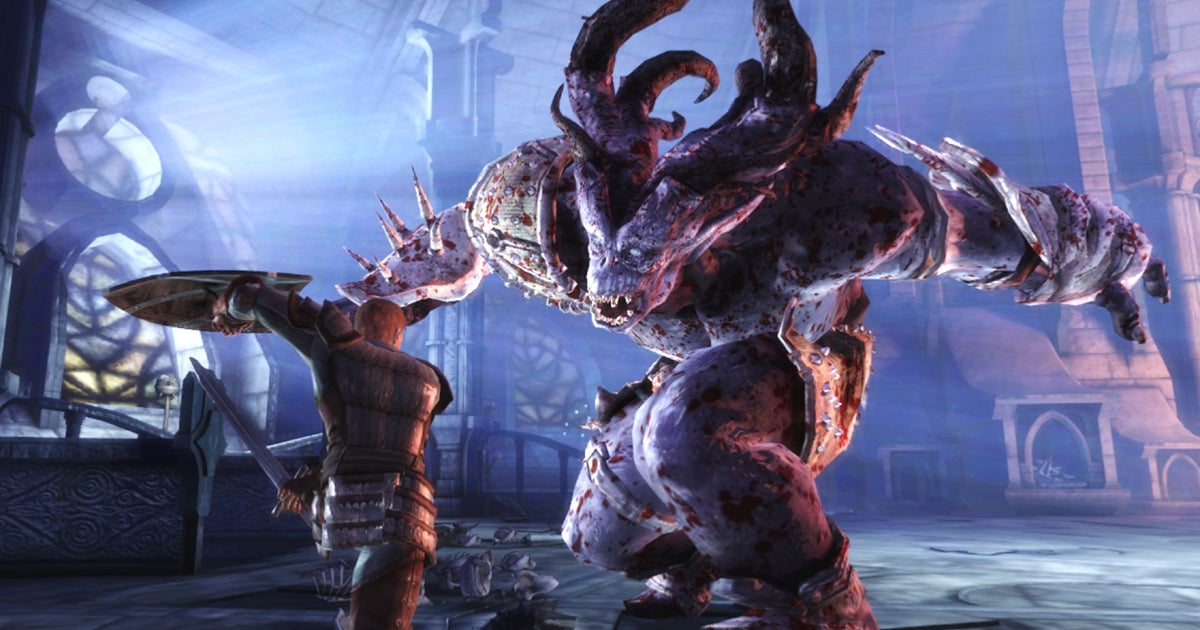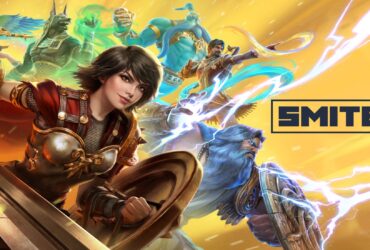Following a seemingly solid launch for Dragon Age: The Veilguard, there’s probably a fair few series newcomers considering delving into the original trilogy. But anyone hoping for a Mass Effect: Legendary Edition style remaster shouldn’t hold their breath; Dragon Age: The Veilguard creative director John Epler says the project would be challenging because hardly anyone left at BioWare knows how the studio’s old engine works.
Mass Effect: Legendary Edition was well-received when it launched back in 2021, introducing the likes of improved performance and visuals, enhanced models, new lighting, gameplay tweaks, and more. It was a welcome finessing of a classic trilogy, and the kind of treatment most would probably agree BioWare’s other beloved trilogy deserves.
However, in a recent interview with Rolling Stone (thanks PC Gamer), Dragon Age: The Veilgaurd creative director John Epler – who’s been with BioWare since the original Dragon Age’s release back in 2009 – noted that while he’d love to see the trilogy get the remaster trilogy, it would be a challenge due to first three games’ proprietary engines.
To see this content please enable targeting cookies. Manage cookie settings
Unlike the Mass Effect trilogy, which was developed in Unreal Engine 3, Dragon Age Inquisition was created using EA’s Frostbite engine, while Dragon Age 1 & 2, more problematically, were built using BioWare’s own Eclipse Engine. “I think I’m one of about maybe 20 people left at BioWare who’s actually used Eclipse,” Epler explained. “[Remastering Dragon Age is] something that’s not going to be as easy Mass Effect, but we do love the original games.”
But there’s perhaps some small hope for Dragon Age fans, given Epler didn’t entirely shut down the idea. “Never say never,” he added, “I guess that’s what it comes down to.”
Of course, EA’s interest in giving Dragon Age the Legendary Edition treatment – and indeed its continuing interest in the series as a whole – will likely hinge on the success of Dragon Age: The Veilguard, which appeared to get off to a solid start when it launched last week. The publisher hasn’t yet trumpeted any official figures, but The Veilguard did manage an all-time peak of 89,418 concurrent players on Steam, setting a new record for a single-player EA game.
What that means for The Veilguard’s future is unclear, but speaking ahead of launch, Epler said BioWare’s “full attention… has shifted entirely to the next Mass Effect”, meaning it had no DLC plans, beyond “quality-of-life improvements and a handful of smaller content updates”.
Regardless of what happens next, Dragon Age: The Veilguard is a bit of a treat. “What BioWare has managed to accomplish here, in the face of all the pressure it’s faced since Dragon Age: Inquisition came out 10 years ago, is extraordinary,” Eurogamer’s Robert Purchese wrote in his five star review. “The Veilguard is exquisitely realised and full of sophistication across systems and storytelling. It’s warm and welcoming, funny and hopeful, gentle when it needs to be, and of course it’s epic – epic in a way I think will set a high bar not only for BioWare in years to come but for role-playing games in general. This is among the very best of them.”
function appendFacebookPixels() { if (window.facebookPixelsDone) return; !function(f,b,e,v,n,t,s) {if(f.fbq)return;n=f.fbq=function(){n.callMethod? n.callMethod.apply(n,arguments):n.queue.push(arguments)}; if(!f._fbq)f._fbq=n;n.push=n;n.loaded=!0;n.version='2.0'; n.queue=[];t=b.createElement(e);t.async=!0; t.src=v;s=b.getElementsByTagName(e)[0]; s.parentNode.insertBefore(t,s)}(window, document,'script', 'https://connect.facebook.net/en_US/fbevents.js');
fbq('init', '560747571485047');
fbq('track', 'PageView'); window.facebookPixelsDone = true;
window.dispatchEvent(new Event('BrockmanFacebookPixelsEnabled')); }
window.addEventListener('BrockmanTargetingCookiesAllowed', appendFacebookPixels);
Source link










Leave a Reply